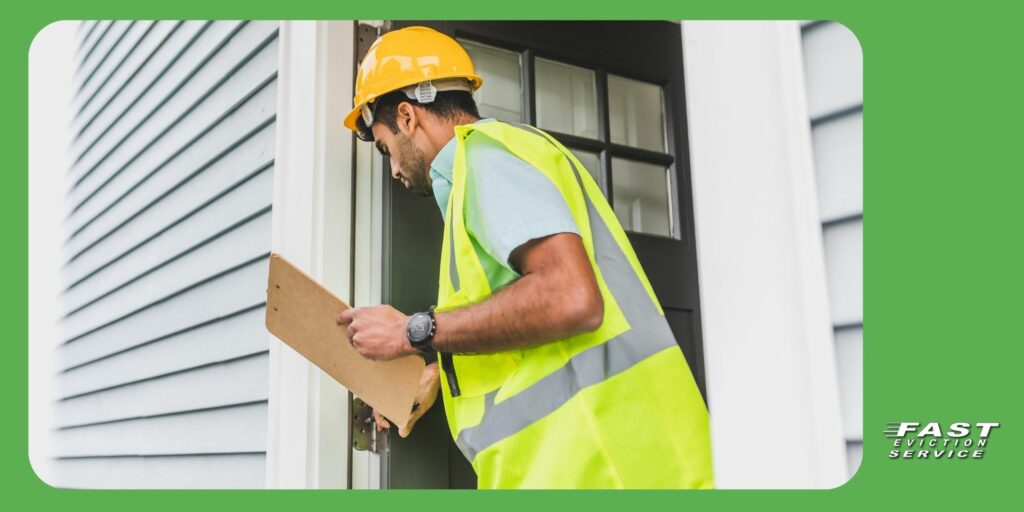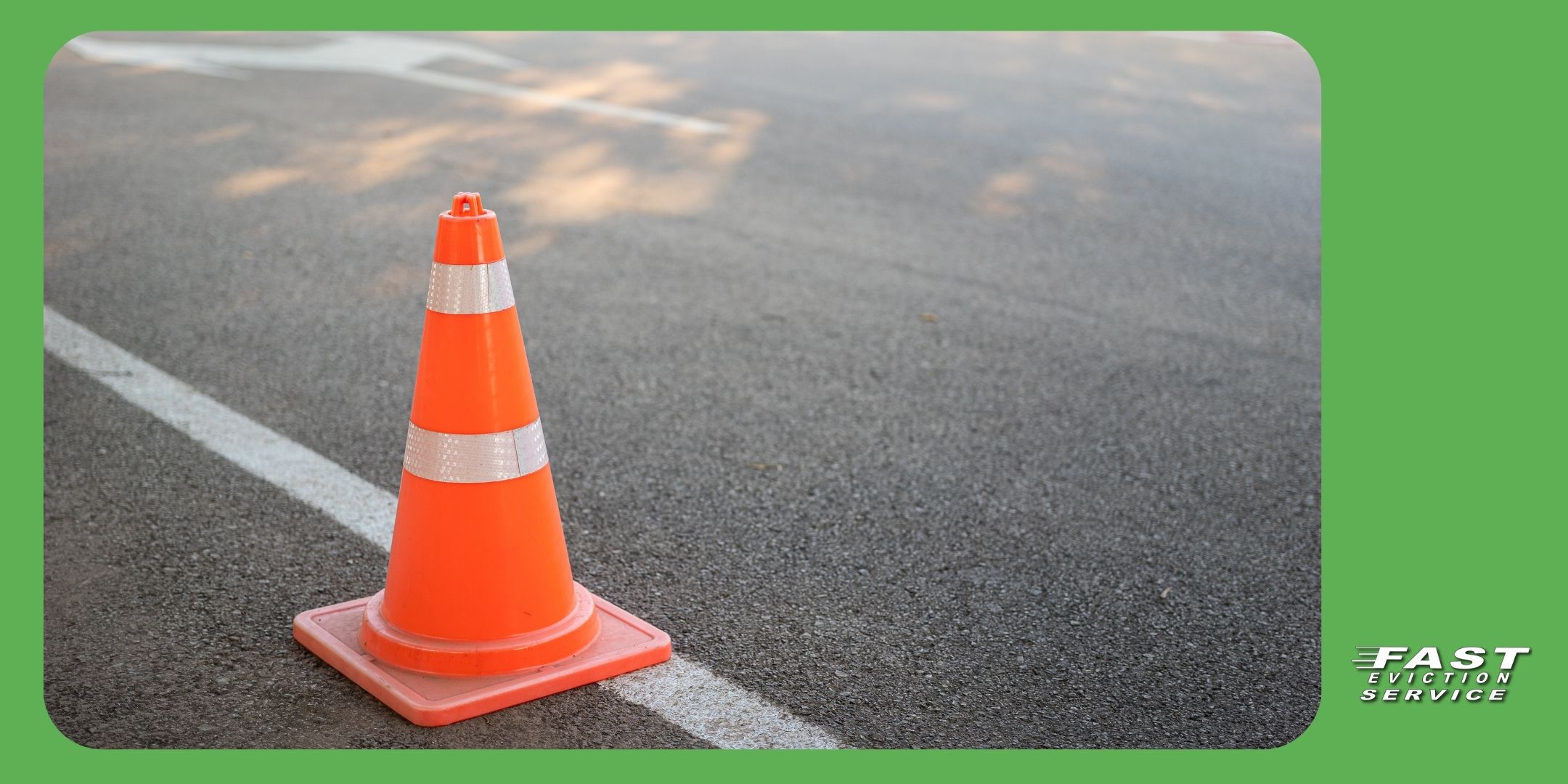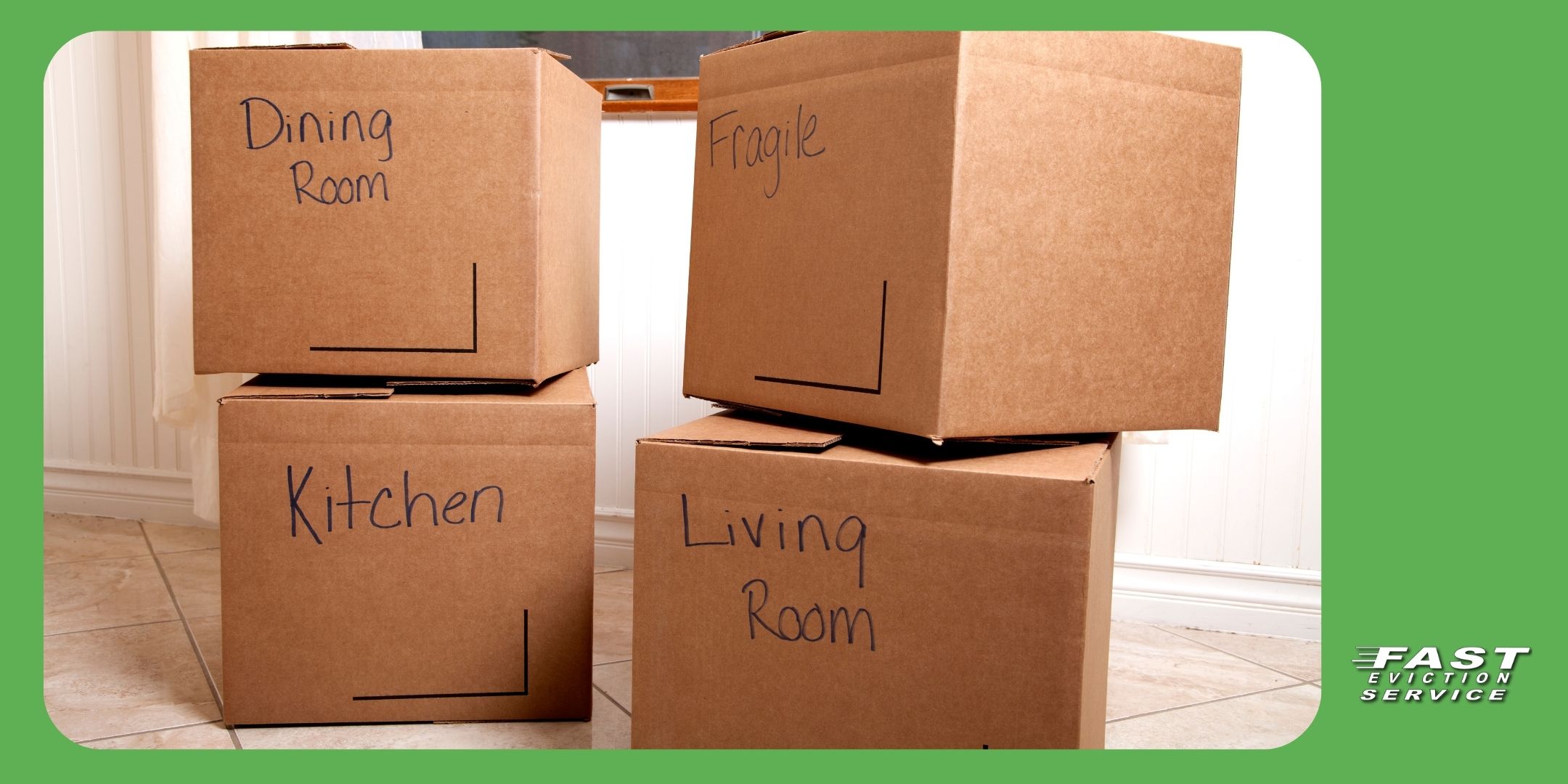Updated 05/06/25
As a landlord, you’re not just renting out space—you’re providing a home. That comes with legal responsibilities that can impact your finances, reputation, and long-term success. Whether you manage one unit or an entire apartment complex, understanding your obligations is essential to protecting both your tenants and your business.

Your landlord legal responsibilities include far more than collecting rent and fixing leaky faucets. You’re required by law to maintain safe, habitable living conditions, address security concerns, and make accommodations for tenants with disabilities. Failing to meet these standards can lead to lawsuits, fines, or even criminal charges. In this article, we’ll explore how to stay compliant, reduce liability, and foster a safer, more successful rental operation.
Too Long Didn’t Read (TL;DR):
Landlords have a legal duty to provide safe, habitable housing and protect tenants and guests from foreseeable harm. That includes maintaining the property, addressing criminal activity, providing adequate security, and making reasonable accommodations for disabled tenants. Understanding your landlord legal responsibilities can reduce your liability and protect you from lawsuits or financial loss.
Table of Contents
- Understanding a Landlord’s Duty to Ensure Tenant Safety
- Legal Requirements for Rental Property Maintenance and Repairs
- When Is a Landlord Liable for Criminal Activity on the Property?
- Reasonable Security Measures Every Landlord Should Consider
- Fair Housing and Disability Accommodations: What Landlords Must Know
- Screening Tenants and Preventing Illegal Activity
- How to Protect Yourself from Liability as a Rental Property Owner
- Landlord Insurance: What Coverage Do You Need?
- What Is Considered a Public Nuisance in Rental Housing?
- How to Reduce Your Risk of Lawsuits as a Landlord
- Frequently Asked Questions
Understanding a Landlord’s Duty to Ensure Tenant Safety
Landlord safety responsibilities begin with one central obligation: protecting tenants and guests from harm. This includes injuries that happen inside the unit or on common areas of the property. In many cases, landlords are held liable for tenant injury when they knew, or should have known, about a hazardous condition and failed to take corrective action.
This legal responsibility doesn’t stop at just physical injuries. Emotional harm, exposure to crime, or unsafe neighbors may also fall under your duty to act. For instance, if a tenant complains about a broken front gate that lets strangers into the property, you must repair it promptly. Ignoring such reports can be seen as negligence—a costly mistake in court.
Legal Requirements for Rental Property Maintenance and Repairs
The law requires that all rental units meet minimum health and safety standards. This is known as the landlord duty to repair and maintain. Habitability laws vary by state, but most include requirements for working plumbing, heating, electricity, and a structurally sound unit free from infestations or mold.
Tenants have a right to request repairs, and landlords must respond within a reasonable time. If you delay or ignore maintenance requests, you could be liable for tenant injury, rent reduction claims, or even lawsuits. In some states, tenants can legally withhold rent until vital repairs are made. Documenting every repair request, action taken, and completion date is critical to limit your liability.
When Is a Landlord Liable for Criminal Activity on the Property?
Landlords aren’t responsible for every crime that occurs on their property, but there are situations where landlord responsibility for crime prevention becomes a legal concern. If a landlord fails to provide adequate security or ignores known criminal activity, they may be held liable for resulting harm.
For example, if a landlord is aware of drug activity or violent behavior by a tenant and fails to act, they could be accused of negligence. Courts have ruled that property owners have a duty to take reasonable steps to prevent foreseeable crimes. Installing lighting, gates, or even evicting a dangerous tenant may be necessary actions.
Reasonable Security Measures Every Landlord Should Consider
Rental property security requirements go beyond locking doors. Landlords must assess their properties for vulnerabilities and respond with appropriate safeguards. This could include deadbolts, window locks, exterior lighting, security cameras, or hiring on-site staff in high-crime areas.
What qualifies as “reasonable” varies by location. Urban areas may demand more stringent measures, while a rural duplex might only need a basic lock and lighting. Regardless of where your property is located, addressing security complaints swiftly and documenting your actions can protect you from claims of neglect or liability.
Fair Housing and Disability Accommodations: What Landlords Must Know
One of the most overlooked legal responsibilities of landlords for tenant safety is accommodating tenants with disabilities. The Fair Housing Act requires landlords to allow reasonable modifications and accommodations that enable disabled tenants to enjoy and use their home fully.
That means allowing service animals even if your lease prohibits pets or approving the installation of grab bars in bathrooms. While you aren’t required to pay for the modifications, you cannot refuse them outright. If a disabled tenant is injured due to denied accommodations, the landlord could be sued or fined.
Screening Tenants and Preventing Illegal Activity
Choosing tenants wisely is one of the most effective ways to fulfill your landlord legal responsibilities and reduce liability. Landlords should conduct background checks, verify references, and establish clear rental criteria. However, be careful to follow fair housing laws when screening applicants.
You should also include a clause in your lease agreement prohibiting illegal activity. If complaints or suspicious activity arise, don’t ignore them. Document what you observe, respond appropriately, and alert authorities if necessary. Failing to act on red flags can make you liable for crimes or disturbances that follow.
How to Protect Yourself from Liability as a Rental Property Owner
Understanding how landlords can reduce liability starts with proactive property management. Keep detailed records of all inspections, maintenance, tenant complaints, and responses. Use written notices and follow up on repairs promptly.
Train your staff or property managers to document everything and act within the law. Avoid making verbal promises you can’t keep, and ensure your lease includes clear terms for behavior, repairs, and liability. The more structured your procedures, the easier it is to defend yourself if a legal issue arises.
Landlord Insurance: What Coverage Do You Need?
Landlord insurance is one of the most important tools to protect against financial loss. Your standard homeowner’s policy won’t cover tenant injury or property damage in a rental situation. Instead, you need a landlord policy that includes liability coverage, property damage, and loss of rent protection.
You may also need additional endorsements, such as non-owned auto insurance if your manager runs errands or umbrella coverage for larger properties. Insurance won’t cover illegal acts, but it can help cover legal defense and settlements for unintentional injuries or accidents.
What Is Considered a Public Nuisance in Rental Housing?
If a tenant engages in behavior that endangers the community or neighboring tenants, your property could be classified as a public nuisance. Courts have held landlords accountable for allowing criminal activity, excessive noise, or dangerous conditions to persist.
If your property becomes known for disturbances, you may face fines, lawsuits, or even condemnation. Landlord sued for tenant injury claims often involve a failure to control nuisances that escalate over time. Staying engaged with your tenants, responding to neighbor complaints, and enforcing lease rules can help mitigate this risk.
How to Reduce Your Risk of Lawsuits as a Landlord
Reducing your risk as a landlord is about consistent, thorough property management. Keep up with local ordinances, housing codes, and evolving fair housing laws. Engage tenants with professionalism, respond to issues promptly, and document every step you take.
By focusing on your landlord legal responsibilities and applying best practices, you can avoid many of the most common lawsuits landlords face. Tenant injuries, housing discrimination claims, and negligence cases are preventable with foresight and structure.
Frequently Asked Questions About Landlord Legal Responsibilities
Can a landlord be sued for tenant injury?
Yes. If the injury occurred due to negligence, poor maintenance, or failure to provide reasonable security, the landlord may be liable.
What are the legal obligations of landlords for tenant safety?
Landlords must maintain a safe, habitable property and address any known hazards. They must also provide reasonable accommodations for tenants with disabilities.
How can landlords reduce liability?
Landlords can reduce liability by conducting regular inspections, maintaining documentation, carrying proper insurance, and responding promptly to tenant concerns.
Is landlord insurance required by law?
It’s not required by law in most states, but it is strongly recommended to protect yourself from liability and property damage claims.
Can I be held responsible for crimes on my rental property?
Yes, if you failed to take reasonable steps to prevent known risks or ignored criminal activity, you may be held partially responsible.




